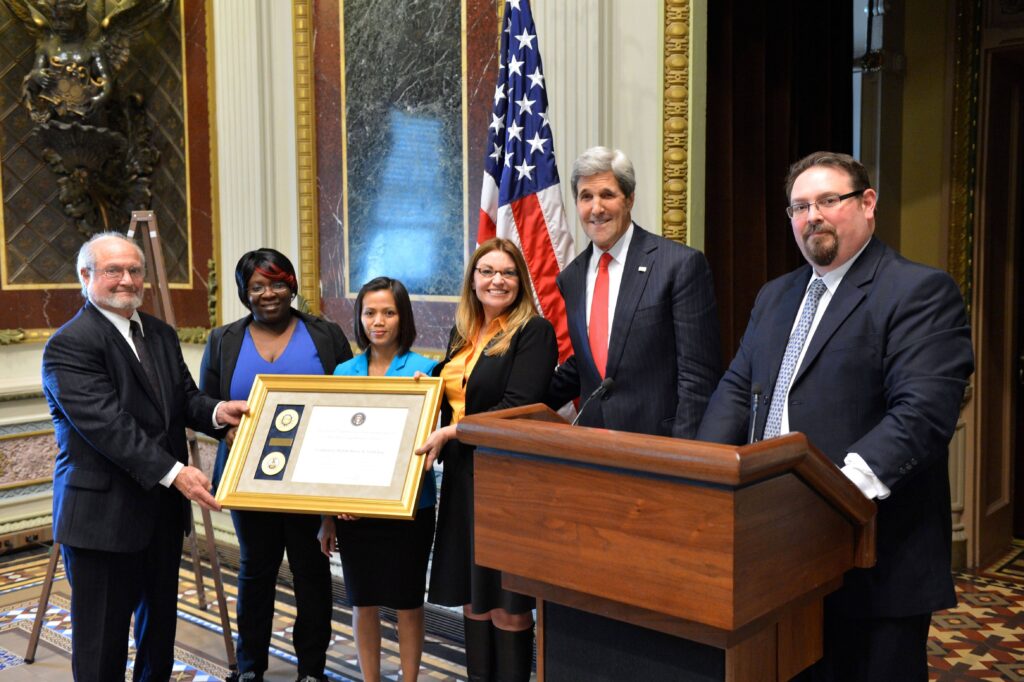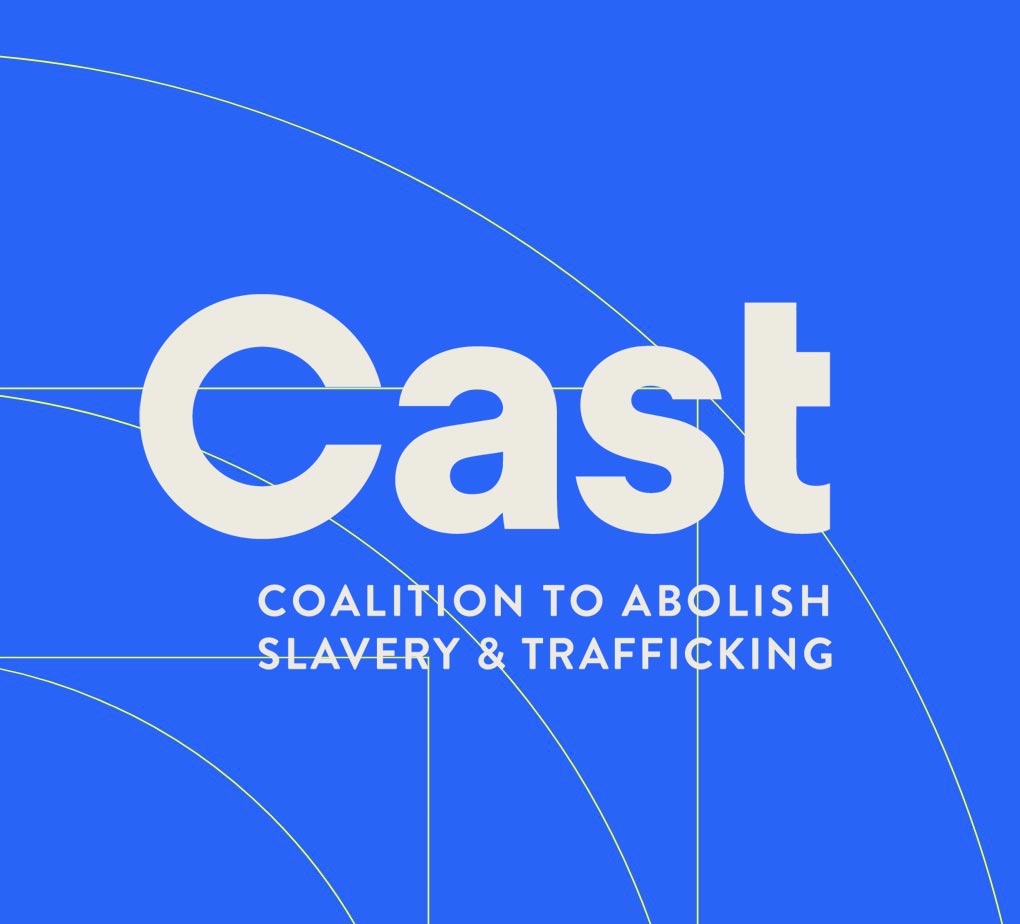- Emergency Shelter
- Transitional Shelter
- Rental Assistance

Ending human trafficking
Through education, advocacy and empowering survivors.
Cast is the United States’ largest provider of comprehensive, direct services to survivors of human trafficking, and an advocate for groundbreaking policies and legislation.
FROM JULY 2023 TO JUNE 2024
1,779
Survivors and family members served
2,091
hotline calls
19% higher than the previous year
100%
Survivors had safe housing when they graduated from our services
An Introduction to Cast
Cast is ending human trafficking through education, advocacy and empowering survivors. Hear from staff and survivors about our human rights approach and unique programs.
Our Work
Direct Services
We provide a comprehensive continuum of care for survivors of human trafficking, from 24-hour hotline and emergency response, to long-term social and legal services.
Hotline & Emergency Response
Community Case Management
Legal Services
Youth Services
Survivor Leadership
Education
Cast’s Training and Technical Assistance programs teach and promote human trafficking prevention, identification and response to a variety of audiences across the US. We research human trafficking and evaluate client data in order to support advocacy efforts and improve outcomes for survivors.
Advocacy
Using over 25 years’ experience and evidence from survivors, we advocate for local, state, national, and global leaders to pass policies to protect survivors and prevent human trafficking. Our Survivor Leadership Program empowers survivors to become policy advocates, in order to build an anti-trafficking movement led by survivors.

“No one reaches out to survivors with greater passion and greater personal commitment than Cast does.”
John Kerry
Former United States Secretary of State
News & Blog
Read the latest news and opinion

The safety net human trafficking survivors need is at risk
Capitol Weekly Op-Ed by Cast CEO Kay Buck and WEAVE, Inc. CEO Beth Hassett OPINION – Survivors of human trafficking are among the most resilient people we’ve ever met. Every...

Attorney General Bonta Urges Congress to Offer Funding for Crime Victims
Attorney General Bonta has joined a coalition of attorneys general representing 32 states and territories urging Congress to provide critical support and services to victims and survivors of crime by...
Get Involved
Everyone has a role to play in ending human trafficking.
Find out ways to get involved with Cast.